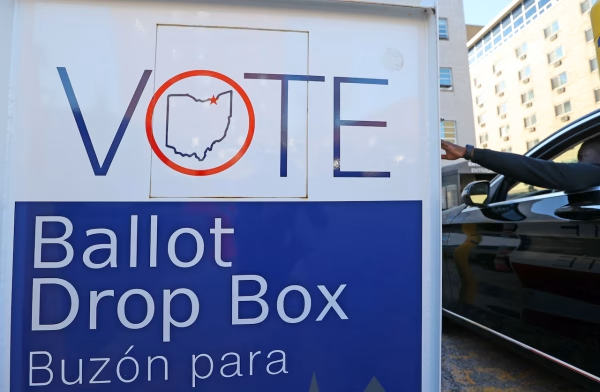ACLU and Southern Coalition for Social Justice Condemn Ruling in North Carolina Voting Lawsuit
WINSTON-SALEM, N.C. —The American Civil Liberties Union and Southern Coalition for Social Justice condemned today's federal court ruling upholding provisions of North Carolina's restrictive voting law. The groups are analyzing the court’s decision and considering next steps.
The groups are challenging provisions that eliminate a week of early voting, end same-day registration, and prohibit the counting of out-of-precinct ballots. Thousands of North Carolinians, disproportionately African-Americans, have relied on those provisions to cast their votes in past elections.
"The sweeping barriers imposed by this law undermine voter participation and have an overwhelmingly discriminatory impact on African-Americans. This ruling does not change that reality. We are already examining an appeal," said Dale Ho, director of the ACLU's Voting Rights Project.
The ACLU, ACLU of North Carolina, and Southern Coalition for Social Justice filed the lawsuit in 2013 on behalf of several plaintiffs, including the League of Women Voters of North Carolina, the North Carolina A. Philip Randolph Institute, North Carolina Common Cause, and Unifour Onestop Collaborative, and several individuals.
The Fourth Circuit Court of Appeals previously ordered North Carolina to restore same-day registration and out-of-precinct voting for the 2014 elections as the case made its way through the courts; that ruling was ultimately reversed, however, and the provisions remained in effect.
"Today's ruling is inconsistent with the Fourth Circuit’s decision in 2014, and we’re confident that the voters in this state will eventually be vindicated," said Southern Coalition for Social Justice senior attorney Allison Riggs.
At federal trial in July 2015, dozens of witnesses spoke of how the law has severely restricted ballot access for the state’s most vulnerable citizens, including low-income voters, those with transportation challenges, and particularly African-American voters. In the 2012 election, 900,000 North Carolinians cast their ballots during the seven days of early voting eliminated by the North Carolina General Assembly – 70 percent of those who voted early were African-American.
The ACLU and Southern Coalition for Social Justice charge the law violates the U.S. Constitution's Equal Protection Clause and the Voting Rights Act.
The ruling is at: https://www.aclu.org/legal-document/league-women-voters-north-carolina-et-al-v-north-carolina-ruling



